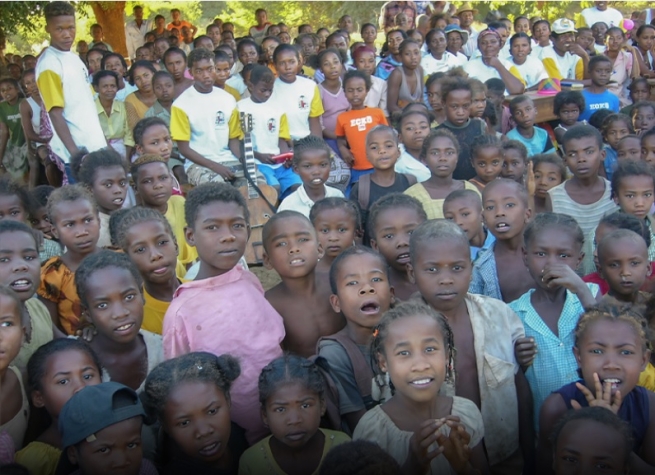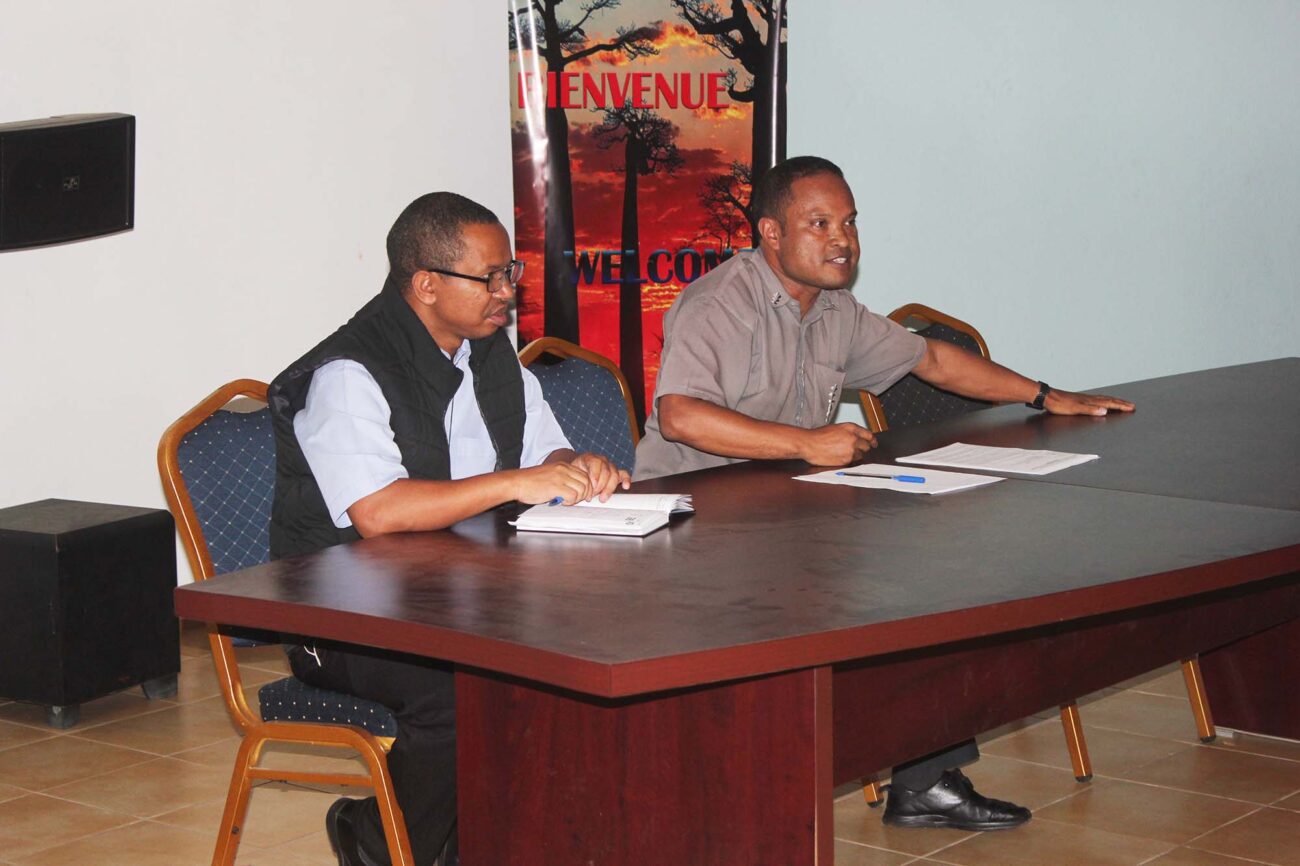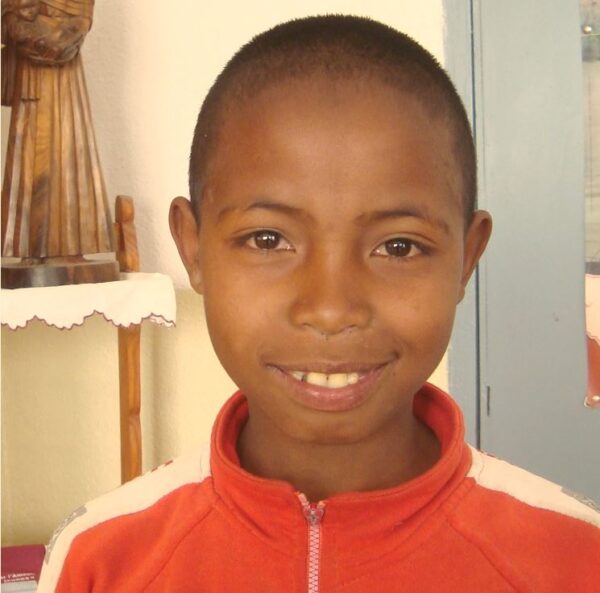MADAGASCAR: New Partnership is Closing the Digital Divide
(MissionNewswire) The digital divide–the gap between those with access to technology and those without–is particularly apparent in Madagascar. Because of a lack of funding and limited access to technology, many youth have had no training in technology, including basic computer and internet skills. Youth with no technical knowledge or training are severely limited in their ability to compete in the job market and rise out of poverty.
According to UNICEF, 70 percent of Madagascar’s almost 19 million population live in poverty. This percentage includes 5.7 million youth between the ages of 10 and 24 years. This number is expected to double by 2025 with youth expected to continue to face huge challenges.
A new Salesian program in Bemaneviky, Madagascar is working to bring technology training to youth. Salesians have been working in Bemaneviky for many years and run elementary, middle and high schools educating over 3,200 students in this particularly disadvantaged area.
In September 2012, the Salesians began collaborating with Computer Scientists Without Borders, an organization formed by professional information technology volunteers, and Monclick, one of the leading online sellers of technology products in Italy. A “Back to School” Campaign was initiated which provided the Salesian program four percent of all of Monclick’s online sales through the fall. The program raised close to 35,000 euro, substantially more than the partners expected.
The money raised is helping to create new opportunities for both teachers and students. As a result of this initiative, new equipment including 15 notebooks, one projector and one multifunction printer has been purchased and teachers have been given access to new technology training that they in turn will pass along to their students.
“Students now have the ability to learn more about technology and benefit from its use,” says Father Mark Hyde, executive director of Salesian Missions, the U.S. arm of the Salesians of Don Bosco. “Teachers also benefit by learning new skills and students will have more hands-on use of information technology.”
Volunteers from Computer Scientists Without Borders are training the teachers, most of whom have no experience using a computer, in basic computer skills in addition to teaching them how to utilize the new equipment. The training is intense but has been effective.
“In just nine days I carried out an intensive basic computer course,” explains Mr. Tordini, a volunteer. “I left them with documentation in French, some taken from the internet, some put together ad hoc, and I urged them to study, try, make mistakes and then try again.”
“It is incredible how much we take it for granted and assume that there is universal access and how much we undervalue the power, in terms of freedom and human development, that this can have in places where they have been excluded,” adds Mr. Tordini.
Driving this initiative is Computer Scientists Without Borders, founded in 2005, with the aim to use knowledge and computer tools to help people living in poverty in marginalized communities. Their goal is to close the digital divide – those with access to technology and those without. The organization believes that access to technology is an effective means of aiding social and economic development.
“This is an exciting addition to the schools in Madagascar,” adds Fr. Hyde. “The impact has been far reaching. Students are learning new technology skills and with updated technology and better communication, many families have access to a wealth of knowledge for the first time.”
Sources
ANS – Italy – New technologies at Bemaneviky: mission complete
UNICEF – Madagascar Statistics




